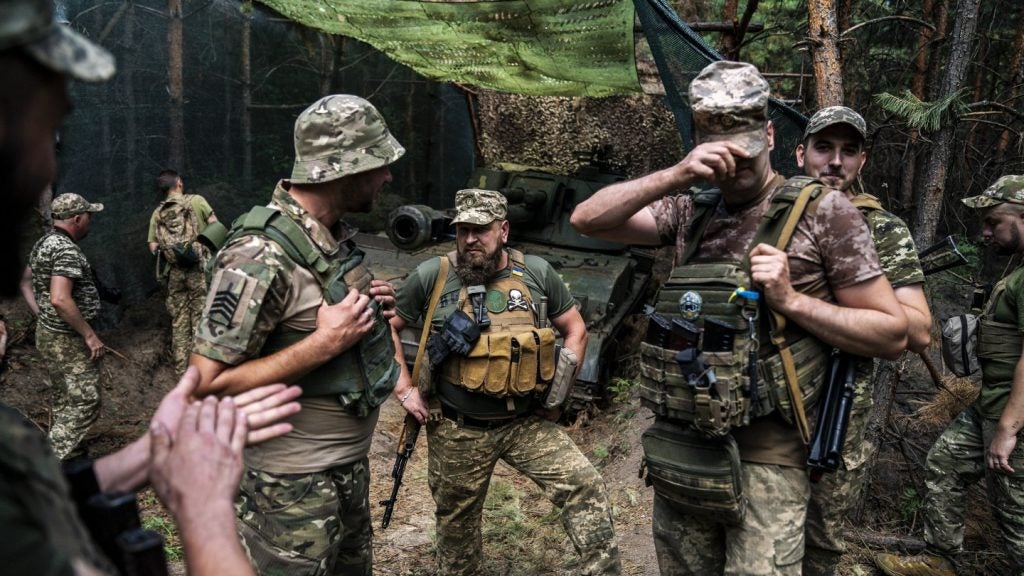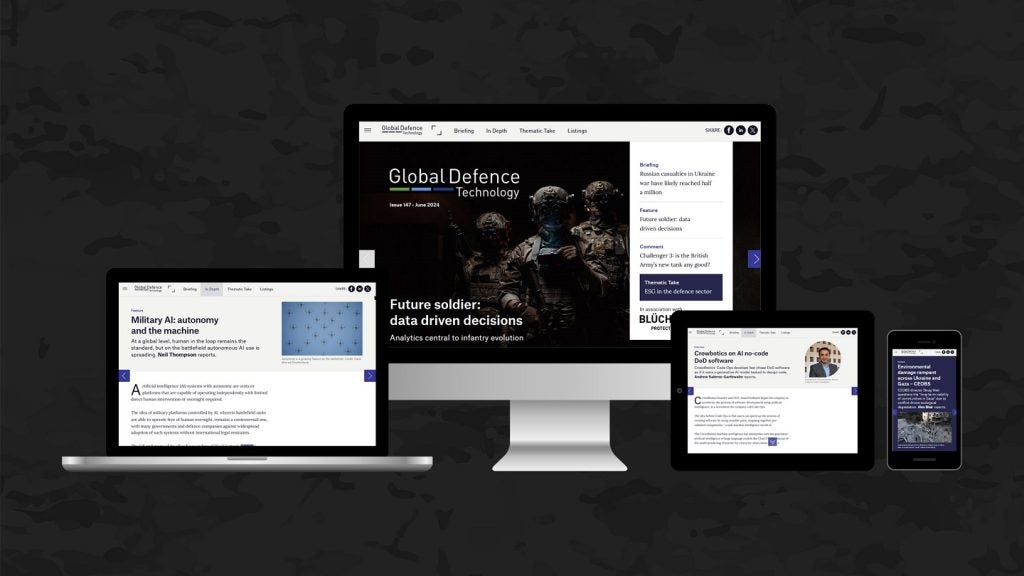The Belgian Navy has procured two additional REMUS 100 autonomous underwater vehicles (AUVs) from Kongsberg Maritime subsidiary Hydroid.
The new additions, selected after a series of successful trials, bring Belgium’s total REMUS 100 fleet to three AUVs.
Hydroid president and co-founder Christopher von Alt said: "Employing a REMUS 100 allows the Navy to survey areas where boats cannot travel, contributing to the protection of the entire Belgian coast from explosives, regardless of topography."
The two new AUVs will support the navy in performing missions that include detection of underwater mines, improvised explosive devices and other undetonated ordnances in very shallow water (VSW) areas.
The modular REMUS 100 is a compact, lightweight, autonomous underwater vehicle specifically designed to operate in coastal environments up to a depth of 100m.
The underwater vehicle performs a wide range of operations including hydrographic surveys, mine counter measure (MCM) operations, harbour security operations, environmental monitoring, debris field mapping, search and salvage operations, as well as scientific sampling and mapping.
The vehicle weighs less than 37kg (80lbs), and enables economical overnight shipping and ease of deployment and recovery. It can be configured to accept a range of standard and/or customer-specified sensors and system options in order to meet unique autonomous mission requirements, according to Defpro.com.
More than 13 navies worldwide are currently employing the AUV to protect people from threats.
The Belgian Military Supply Office had purchased a single REMUS 100 system as an evaluation unit in 2005 to test and validate its versatility under varied oceanographic conditions, as well as its suitability to meet the Navy’s VSW requirements.







